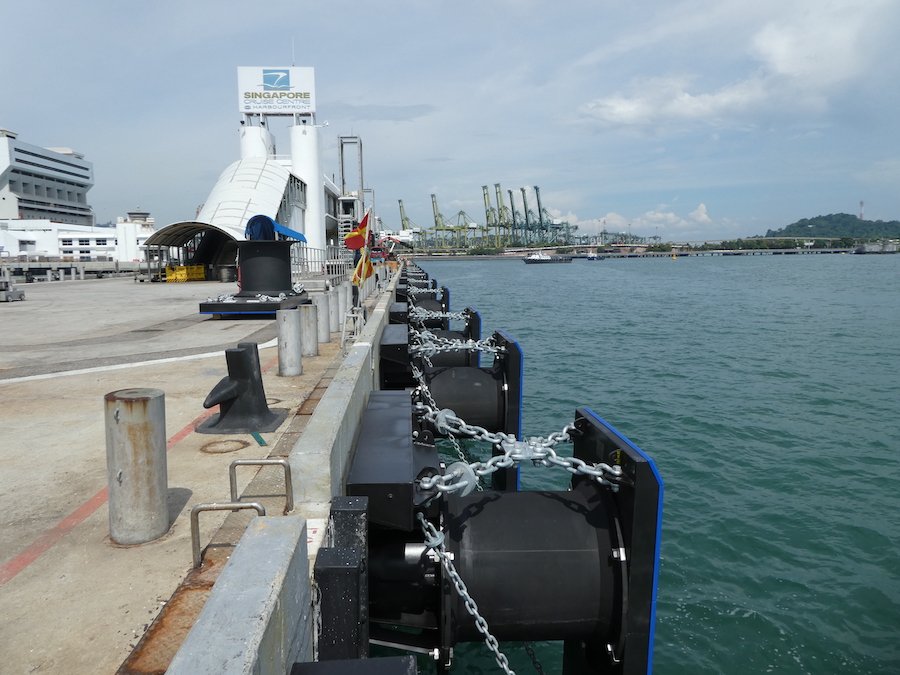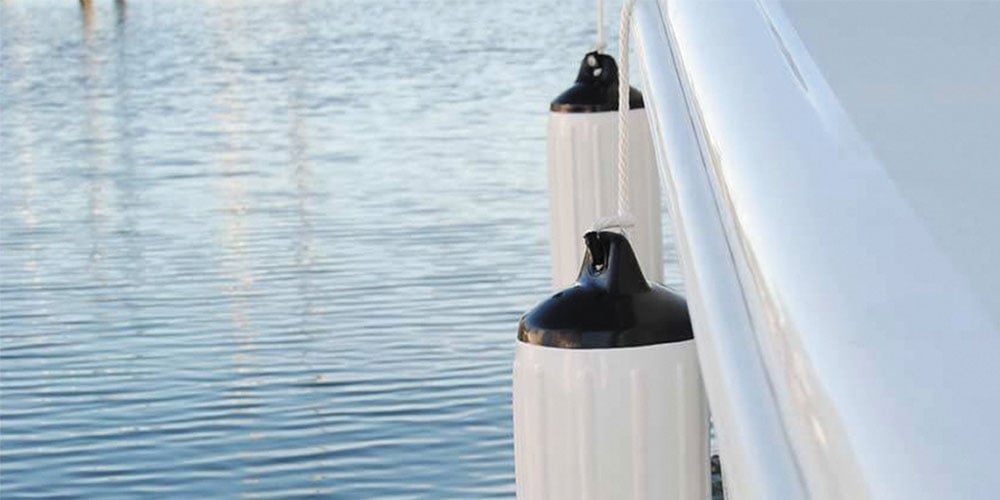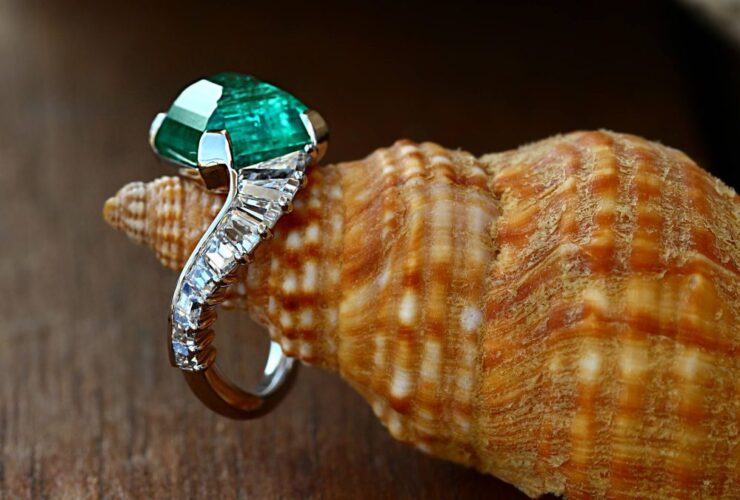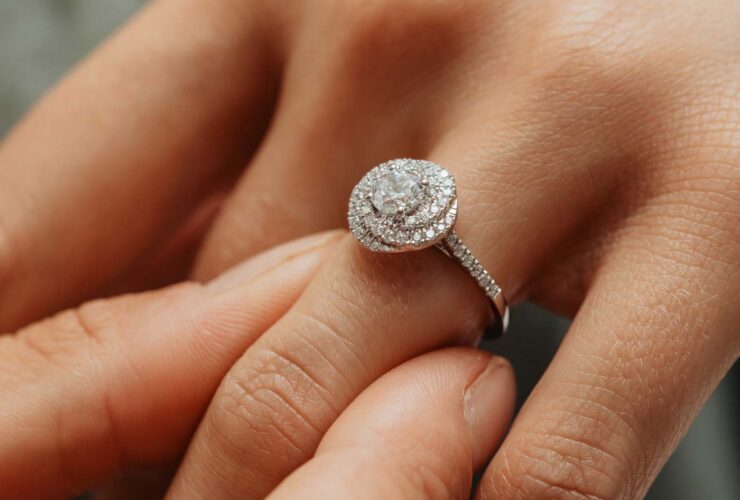From the wild, choppy ocean waves to the gentle ripples of a lake, ships and boats need protection. Fenders are essential when it comes to ensuring that vessels can navigate safely through any kind of water.
In this article, we take a look at ship and boat fenders – from bumps to bliss – examining how they provide an important layer of safety for those who use them. We will explore their history as well as modern advancements in design and materials which have made these devices even more effective and reliable than ever before.
So join us on our journey – from turbulence to tranquility – as we dive into the world of ship and boat fenders!
Types of Fenders and Their Uses
Fenders are an important part of keeping boats and ships safe from damage. They come in a variety of shapes, sizes, and materials to suit different protection needs.
Each type has its unique use when it comes to protecting vessels in the water. Here is a look at some of the most popular types of fenders and their applications: Molded Fenders – These are typically made out of rubber or plastic and have a contoured shape that conforms to the hull surface.
Molded fenders are ideal for smaller boats as they provide effective absorption against bumps while also being lightweight and easy to store on board. Polyform Fender Balls – Also known as buoyant cushions, these round foam-filled balls can be tethered off the side or stern of any vessel.
Their soft material makes them great shock absorbers but they must be replaced regularly due to weathering from exposure over time. Cylindrical Fenders – These cylindrical-shaped fenders have an inner tube surrounded by tough outer fabric providing good protection against impact along with increased longevity compared to other styles such as Polyform balls which require regular replacement due to wear from exposure over time.
Cylindrical fenders perform well in areas with strong currents since they stay put better than other types that can drift away more easily during high winds or choppy waters. Tubular Fender Nets – This style consists of tubular netting attached around vertical posts placed along dockside walls where passing vessels could rub up against them causing potential damage without proper cushioning protection in place; tubular nets provide just that! The flexible mesh allows for movement so it absorbs impacts rather than transferring force onto your boat’s hull like rigid poles would do without proper cushioning between them and your vessel’s hull surface.
No matter what type you choose, having appropriate boat fenders can make all the difference between bumps in rough seas and blissful sailing experiences!
Benefits of Installing Ship and Boat Fenders

When it comes to protecting your vessel from the sometimes harsh environment of the open seas, ship and boat fenders are an invaluable tool. Installing them offers a range of benefits that can help you keep your boat in excellent condition for years to come.
To begin with, installing ship and boat fenders helps protect against impact damage. The thick rubber material absorbs shock when another vessel or dock bumps into yours, reducing the risk of scrapes or more serious issues like dents and cracks in hulls.
This is especially beneficial if you regularly take part in competitive sailing events where boats can get too close for comfort! Additionally, these fenders also provide protection against abrasion caused by waves crashing against your hull during storms or long-distance voyages across choppy waters. The soft cushioning provided by proper installation means less wear and tear on your boat’s exterior over time – making sure it looks just as good as it did when first purchased! Finally, using quality ship and boat fenders ensures better safety overall while at sea due to their ability to absorb energy from impacts between vessels without compromising structural integrity – giving peace of mind to all onboard! Not only does this make things easier on both captains but also reduces stress levels among crew members who may be concerned about potential collisions out at sea. Overall, installing quality ship and boat fenders is highly recommended for any vessel’s safety arsenal; they offer incredible protection both during leisurely trips around calmer waters or challenging expeditions across rough seas alike!
Tips for Choosing the Right Type of Fender
When it comes to choosing the right type of fender for your boat or ship, there are several factors to consider. First and foremost is the size of your vessel; different types of fenders are made for boats and ships of varying sizes.
You’ll also need to think about how much weight youre expect the fender to bear, as heavier materials like steel may be necessary for larger vessels. Additionally, if you plan on using your vessel in rough seas, thicker material should be considered as this will provide more protection against impacts from waves and debris.
Furthermore, don’t forget about aesthetics – make sure that whatever option you choose blends in with both the existing design elements of your boat or ship as well as its environment. Finally, take some time researching various manufacturers who specialize in these products so that you can get a quality product at an affordable price point.
With careful consideration and research into all these factors, selecting the perfect type of Fender shouldn’t be too daunting!
Conclusion

Ship and boat fenders are an important tool for mariners, helping to protect vessels from damage when docking or coming in contact with other objects. Marine fender systems provide a cushioning effect, reducing the impact of waves and preventing hulls from being damaged. By absorbing shock and helping to maintain the stability of boats, ships and boat fenders can help keep vessels safe while out at sea.
With so many types of marine fenders available, there is sure to be one that suits your needs perfectly. Whether you need something lightweight or heavy-duty, a reliable ship or boat fender can make all the difference between bumps and bliss on your next voyage.





